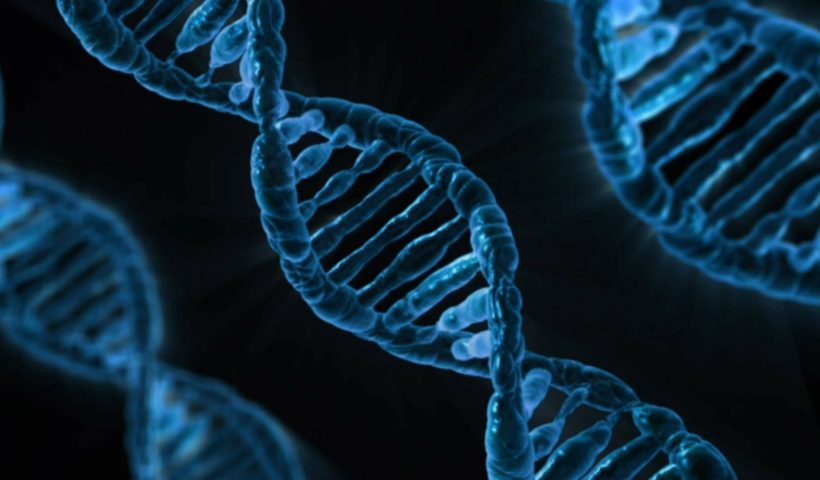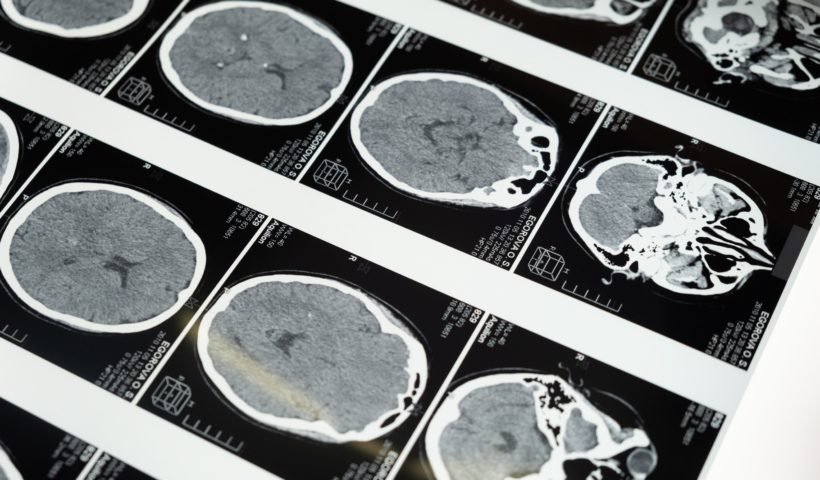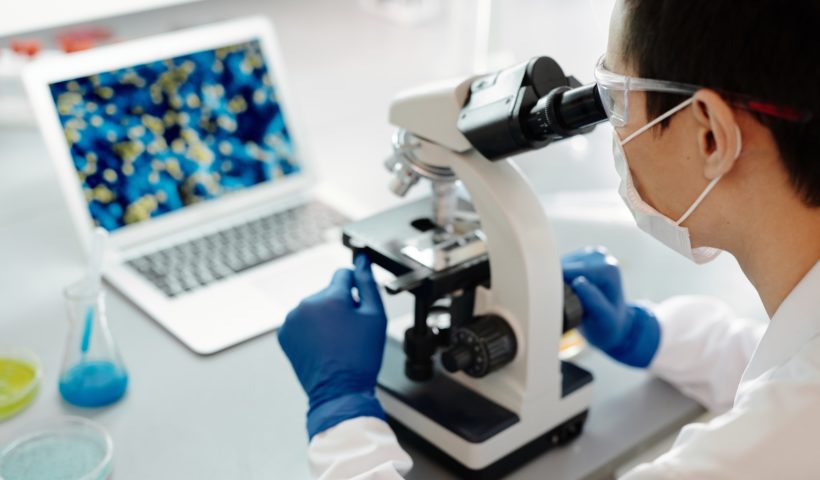In current scientific research, there appears to be a replication crisis in which results of publications cannot be replicated. While this may not impact the validity of the research, it creates looming questions and uncertainties for the products of that research going forward, and innovation in the space as a whole.
View More The Replication Crisis: Issues in Scientific ResearchCategory: Fall 2021
Omicron Variant Causes Public Health Officials to Rethink Vaccine Booster Recommendations
With the discovery of the Omicron variant of COVID-19, much uncertainty has been injected into the conversation about booster vaccines — from questions about who should get them and when, to the matter of how using vaccine doses as boosters in the U.S. can prevent lower-income countries from receiving first dose supplies.
View More Omicron Variant Causes Public Health Officials to Rethink Vaccine Booster RecommendationsEurope’s Emerging Energy Crisis
Europe’s energy crisis this winter has forced countries into an increased reliance on fossil fuels; is there a way to make sure everyone has their energy needs met without worsening carbon emissions?
View More Europe’s Emerging Energy CrisisClimate Change Reparations: Who Should Carry the Cost?
The damaging effects of climate change are not distributed equally among the world’s nations — those who pollute the least bear more of the burden, so are these countries owed reparations for their losses? If so, who should pay?
View More Climate Change Reparations: Who Should Carry the Cost?Into the Metaverse: Facebook’s Big Rebrand
Facebook’s rebrand as Meta signals the beginning of a new era for the tech giant, but is it all just a distraction from the company’s recent negative press?
View More Into the Metaverse: Facebook’s Big RebrandRevising Building Safety Standards
A coalition of building professionals has recommended widespread structural recertification and building safety inspections to the Florida state legislature as a result of the Surfside condominium collapse.
View More Revising Building Safety StandardsCuring the Human Condition: The Ethics of Editing Our Own DNA
Thirty-two million Americans currently have health conditions linked to genetic defects, nearly all of which can be corrected by genetic editing with CRISPR-Cas9 technology. Opponents of gene editing abound, from those who point to their potential role in increasing the privilege gap between the rich and poor, to people who object morally to the idea of humans meddling with their own DNA, to pharmaceutical companies whose profits would be threatened by a reduced need for medication. However, after analysis of the ethicality of genetic editing technology with the frameworks of common good, utilitarianism, and fairness, it is evident that the eventual species-scale benefits that will be brought about by the technology outweigh its risks and flaws.
View More Curing the Human Condition: The Ethics of Editing Our Own DNAAnimal Testing as a Means of Survival
The morality of animal testing has been widely debated since its origins in Ancient Greece. Testing on animals allows the evaluation of new drugs and procedures without harming humans but raises the question of whether animals should be forcefully used for human gain. This paper recommends that animal testing only be used for approved medical research necessary for human survival and when all other animal-free methods are inadequate. If researchers need to use animal testing, they must scrupulously follow guidelines to minimize animal pain and suffering.
View More Animal Testing as a Means of SurvivalThe Ethical Challenges of Neural Technology
Neural engineering is an emerging interdisciplinary field that utilizes engineering techniques to discover the function and manipulate the behavior of the human brain. Current research in neural engineering focuses on the development of treatments for neurological disorders that deplete the health of the nervous system and explores how the nervous system operates in both health and disease. Neural engineering has huge potential to relieve suffering in those who have lost functionality in their nervous systems, but the further development of this technology raises a number of ethical questions about identity, privacy, responsibility, and justice. These questions must be thoroughly addressed in order to guarantee the most responsible future development and use of neural engineering technologies.
View More The Ethical Challenges of Neural TechnologyBiohacking: The Ethical Implications of Democratizing Biotechnology
Biohacking is a Do-It-Yourself movement that encourages experimenting with biotechnology tools to find ways to improve one’s health and enhance one’s natural capabilities, and many in the movement advocate for the democratization of scientific tools so that everyone can participate in such scientific discovery. However, some biohackers take their experimentation to the extreme, and not all of them seem to understand the responsibility and risks associated with the scientific methods they employ. As a result, tension between the biohacking community and the professional science community has grown as biohacking continues to increase in popularity. Though the biohacking movement makes salient points about the way ethical precautions and regulation slow innovation, this paper explores the need for codes of ethics governing the pursuit of scientific discovery and how biohackers and traditional, trained scientists can reach common ground.
View More Biohacking: The Ethical Implications of Democratizing Biotechnology









